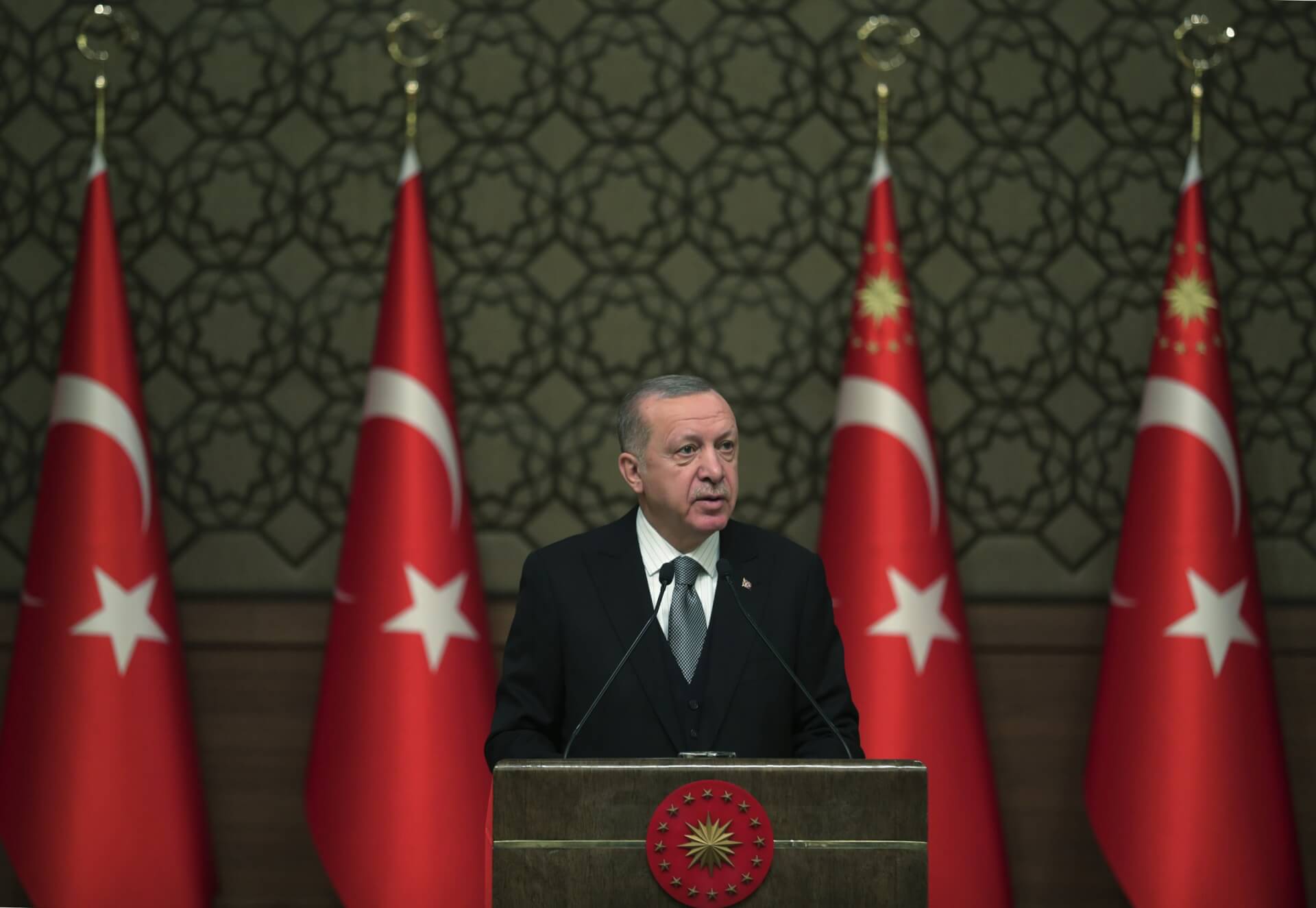This morning, President of Turkey Recep Erdogan announced the deployment of Turkish soldiers to Libya. 325 MPs voted in favour and 184 against the Bill for troop deployment last Thursday.
Erdogan mentioned that Ankara was not sending its own organized combat forces, but would be creating “different teams” of senior military personnel to coordinate Libya’s forces and provide them on-ground training. He said that the Turkish objective is not aggression but a move to “support the legitimate government and avoid a humanitarian tragedy.”
The announcement comes one week after an airstrike at a military school in Tripoli killed 30 people.
Libya has been the hotbed of violence since the deposition and assassination of Muammar Gaddafi in 2011 by NATO-backed forces. Currently, the country has two rival administrations vying for control based in Tripoli and Tobruk respectively.
Tripoli’s Government of National Accord (GNA) has been under constant military siege after the Libyan National Army headed by Field Marshal Khalifa Haftar launched an offensive in April. According to the United Nations, over 2000 fighters and 280 civilians have been killed since the beginning of Haftar’s blockade.
The UN-backed GNA has been supported by Turkey ever since Erdogan and Libyan Prime Minister Fayez al-Serraj struck a controversial deal in November, in which they agreed to cooperate militarily and strategically in the Mediterranean.
On the other hand, Haftar has the support of Turkey’s regional rivals, the United Arab Emirates and Egypt. The latter has threatened retaliatory action against Ankara.
The Tobruk-based House of Representatives (HoR) on Saturday also voted against the GNA’s deployment request to Ankara. Israel, Cyprus, Russia, and Greece have deemed Turkish intervention as a threat to regional stability.
The American embassy in Libya has also called for the removal of “toxic” foreign intervention by Turkey and Russian mercenaries in the nation. A few days ago, US forces killed Iranian General Qassem Soleimani in Baghdad. Erdogan has expressed intentions to discuss these developments in Iran and Iraq with German Chancellor Angela Merkel.
Ankara has already engaged forces in northern Syria and the political opposition in Turkey fear that Erdogan’s government is stretching itself too far militarily. For years, European and Western powers have failed to mediate the Libyan conflict and Erdogan seems eager to fill that gap.
The UNSC is slated for a closed-door meeting at Russia’s request to discuss this issue. This will also be the first chance for UNSC members to discuss the impact of the November deals between the two nations.
Image Source: AP News
Turkey Announces the Deployment of Troops to Libya
January 6, 2020

